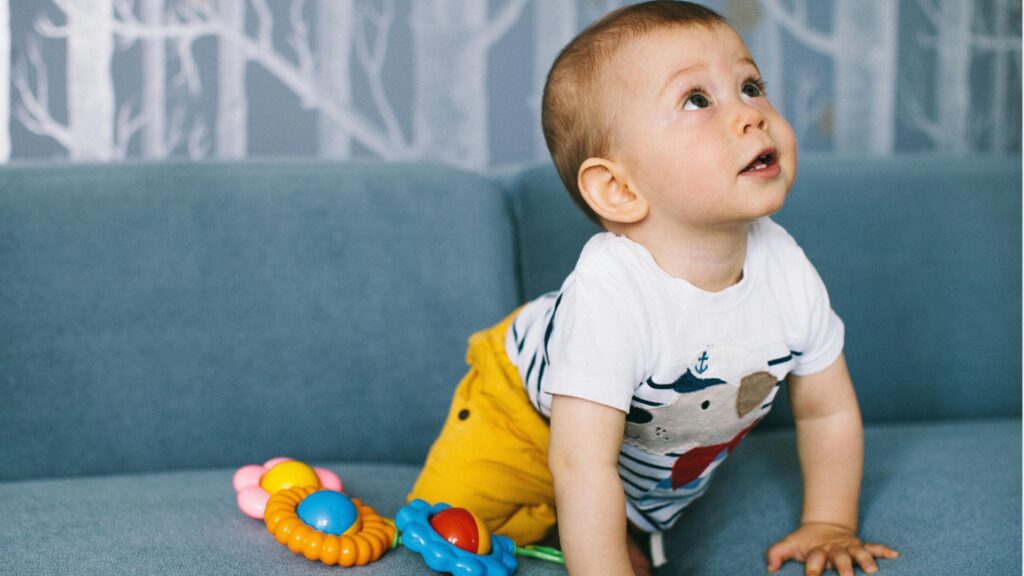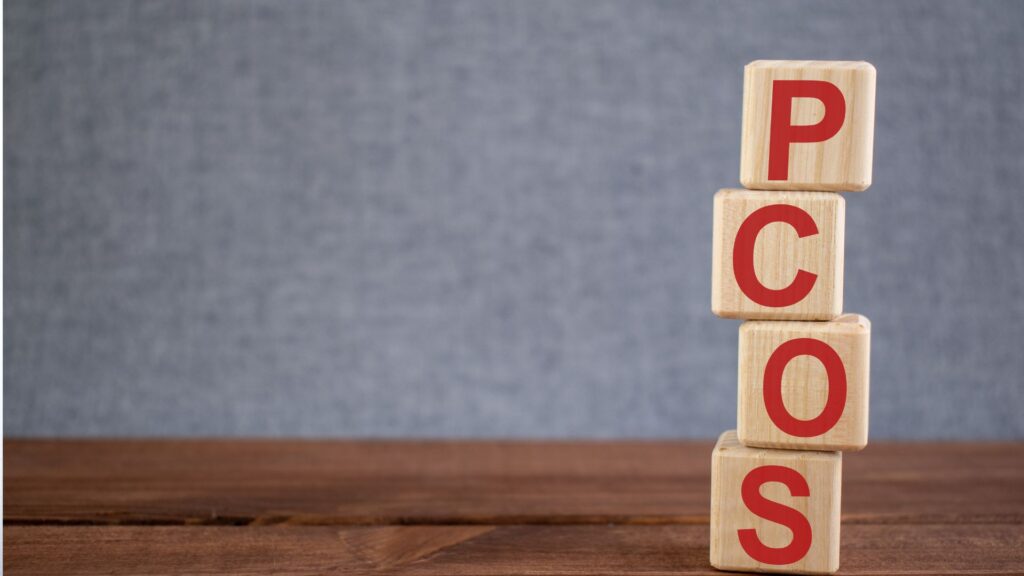
Baby Games and Activities: Boost Development Through Play
Play is the cornerstone of a baby’s development, serving as both a joyful pastime and a critical tool for cognitive, motor, and social growth. In the early months and years, every interaction—whether a lively game of peek-a-boo or a quiet moment of shared reading—lays the groundwork for lifelong learning. According to the UK National Health Service (NHS), mum and baby activities like singing nursery rhymes, gentle dancing, or describing the world during a walk are more than just bonding opportunities; they’re foundational experiences that nurture sensory exploration, emotional security, and communication skills. These moments, rich in connection and curiosity, evolve alongside your child, adapting to their growing abilities and interests.
For newborns and infants, sensory baby activities are particularly powerful. The world is a tapestry of new sights, sounds, and textures, and simple interactions can ignite their developing senses. A soft, high-contrast black-and-white book captivates their vision, while the crinkle of a textured toy introduces them to cause and effect. Even daily routines become sensory adventures: Bath time splashes engage their tactile awareness, and the scent of lavender during a bedtime massage can soothe their nervous system. The NHS highlights that such activities not only stimulate neural pathways but also foster emotional regulation, helping babies process the overwhelming influx of new experiences.
As your baby grows into toddlerhood, mum and baby activities naturally expand to include more interactive play. Building towers with soft blocks, sorting shapes, or “helping” with household tasks (like placing socks in a basket) become opportunities to refine fine motor skills and problem-solving abilities. These activities don’t require elaborate setups—everyday moments are ripe for learning. A stroll through the park, for instance, doubles as a sensory-rich experience: Describe the rustle of leaves, let them feel the bark of a tree, or watch their fascination with ripples in a paddling pool. These outings not only support physical development but also strengthen your bond through shared discovery.
Note: The informational video above is from: Emma Hubbard
When Play Feels Challenging
Not all babies engage with play in the same way. Some may become overstimulated by noisy toys or crowded environments, while others prefer calm, one-on-one interactions. If your little one seems disinterested or fussy during structured sensory baby activities, follow their cues. A child who turns away from a rattling toy might thrive with quieter bonding moments, like cuddling while reading a high-contrast board book. The National Literacy Trust underscores that daily reading—even for just five minutes—builds language skills, focus, and emotional connection, making it one of the simplest yet most impactful mum and baby activities.
Adaptation is key. For babies who are sensitive to touch, introduce textures gradually: Let them explore a silky scarf or a bumpy sensory ball at their own pace. If they dislike loud sounds, opt for soft instruments like a rain stick or a shaker with gentle beads. The goal is to create a safe space for exploration, where play feels inviting rather than overwhelming.
The Power of Simple, Everyday Learning
Parents often feel pressure to curate Pinterest-worthy activities, but the magic of development lies in life’s ordinary moments. Mealtime, for instance, is a sensory playground: Let your baby squish cooked pasta between their fingers, taste a mashed banana, or listen to the clink of spoons. These experiences build fine motor skills, taste preferences, and auditory processing—all while you chat about colors, shapes, and flavors.
Mum and baby activities also thrive in routine. Diaper changes become chances for gentle tickles and eye contact, while babywearing during chores allows them to observe your world from the safety of your chest. Even laundry folding can turn into a game of “Where’s the sock?”—encouraging object permanence and laughter.
For parents seeking structured ideas, the NHS recommends activities like baby massage (to enhance bonding and body awareness) or “baby gym” sessions with dangling toys to encourage reaching and rolling. Local parent-child groups, often hosted by community centers or libraries, also offer opportunities to connect with other families while engaging in sensory baby activities like bubble play or sensory bins filled with safe, tactile materials like cooked rice or fabric scraps.
Embracing the Journey
Play is not about perfection—it’s about presence. Some days, your baby might delight in a puppet show; other days, they’ll fuss through every game. Both scenarios are normal. The key is to remain flexible, tuning into their unique rhythms and needs. If a toy frustrates them, set it aside and revisit it later. If they’re captivated by a household item (a wooden spoon, a cardboard box), lean into their curiosity—these unstructured explorations are often the most enriching.
Remember, mum and baby activities are as much about your well-being as theirs. Prioritize moments that bring you both joy, whether it’s a silly dance party to your favorite song or a quiet afternoon of finger-painting (with edible, washable paints!). For more inspiration, the NHS’s “Start for Life” website offers a wealth of free, age-appropriate play ideas designed to support development without overwhelming parents.
In the end, every giggle, every shared glance, and every messy sensory experiment contributes to a foundation of trust, resilience, and wonder.
Play doesn’t require complexity. Whether you’re fostering fine motor skills baby activities or enjoying relaxed cuddles, every interaction counts. For more ideas, visit NHS: Play Ideas.









